
The following text is from a flyer that was passed out today during the Occupy Oakland’s march against repression, which ended with thousands of people tearing down the fences around an abandoned lot at 19th & Telegraph and beginning a new encampment. The cops, who seemed to have an order to stand down, simply stood across the street and watched as people set up easy-ups, tents and tarps in the large lot. The sound system, mounted on a flatbed truck, blasted funk, disco and hip-hop as people danced under a rainy sky. As of this writing, the new occupation is doing great, although very wet.
State Repression & Resistance
November 19th, 2011
The past week has seen a nationwide crackdown on the Occupy Movement. In a massive show of force, police agencies across the country have coordinated actions against occupations, potentially aided by the FBI and the Department of Homeland Security. Occupations in New York, Portland, Denver, St. Louis, Salt Lake City, San Francisco and Oakland were all evicted within days of each other. Oakland Mayor Jean Quan admitted in an interview that she consulted with mayors from 18 different cities before giving the green light to the November 14th raid of Occupy Oakland.
This sort of repression is nothing new — it started over 500 years ago with the genocide and enslavement of indigenous peoples from the Americas and Africa. It’s a continuation of the same process, only now with a different face and a different name. We live in an alienated, stifling social environment, and only now that people are beginning to resist collectively and take back public space are we realizing that we were always already living under a militarized police state.
In this era of austerity, the role of the police becomes clear: they are enforcers of capitalist laws, here to ensure we passively accept each budget cut and repressive ordinance passed. If we turn a public plaza into a thriving social space and commune, they will shoot us with rubber bullets. If we reclaim an abandoned homeless service center and build barricades to defend it, they will beat us and tear gas us. If we set up tents and hold assemblies on the UC Berkeley campus, the UCPD will “nudge” us with batons for the crime of linking arms and standing our ground.
The current cycle of revolts goes beyond the Occupy Movement. Like the insurrection in Egypt, which was fueled by the police murder of 28-year-old Khaled Said, the anger in Oakland is stoked by constant police harassment and violence, often targeted at Black and Brown youth. This violence has now been directed at protesters, and even students: on November 15th, UC Berkeley student Christopher Travis was shot and killed by a UCPD officer. It’s not enough to decry police brutality; instead we must recognize the police as a common enemy and abolish them.
Now that social upheaval and protest against a crisis-ridden capitalist system have reached the United States, those in power want to stop it from spreading any further. Occupy Wall Street was originally modeled after the public square takeovers throughout the Middle East. Despite the pacifist mythology built up around the Arab Spring, the uprisings were violent conflicts against repressive regimes, not peaceful revolutions. Egyptians burned down government buildings and police stations, and fought police and other hired thugs (the baltagiya) with rocks and sticks, as well as participating in mass marches and reclaiming public space. But the issue isn’t between violence and non-violence: it’s between passivity and resistance.
The occupations are not being evicted because of any health or public safety hazard, as the media and police would have us believe, but instead because they pose an immediate threat to the current order. Instead of deferring to the decisions of our representatives, people are holding general assemblies to make decisions through consensus process. They are providing for each other without the exchange of money. In Oakland, complete strangers met in the streets and established a radical library, discussion groups, and a free school. They offered medical care by trained EMTs, a bustling kitchen serving free food, a place to sleep for the chronically homeless or recently foreclosed on, and a vibrant community.
The occupations are not utopian spaces: in fact, they are a concentrated, visible emblem of all our social ills. At the same time, they point towards direct solutions to those ills. Oscar Grant Plaza was temporarily a police-free zone, which meant that not only were we free to openly defy the law, but also that we had to solve our own problems. Ultimately, this is why it had to go. To the politicians and police, it is unacceptable for people to take control of their own lives or create a different way of living. This is why Scott Olsen, Kayvan Sabeghi and many others were brutalized by the OPD and the Alameda County Sheriffs — because they realize we are beginning to take back our power.
Let’s condemn and struggle against the forces of law and order. Let’s intensify and escalate our resistance against the police, the state and the economy. To the brave souls at the front lines, to those in the ghettos and the prisons: we can be accomplices, co-conspirators against this world.
In solidarity with Kenneth Harding, Charles Hill, Oscar Grant, Raheim Brown, and countless unnamed others. Never forget, never forgive: memory is a weapon.
Yours in struggle,
A participant in Occupy Oakland
LONG LIVE THE OAKLAND COMMUNE!
http://www.bayofrage.com/



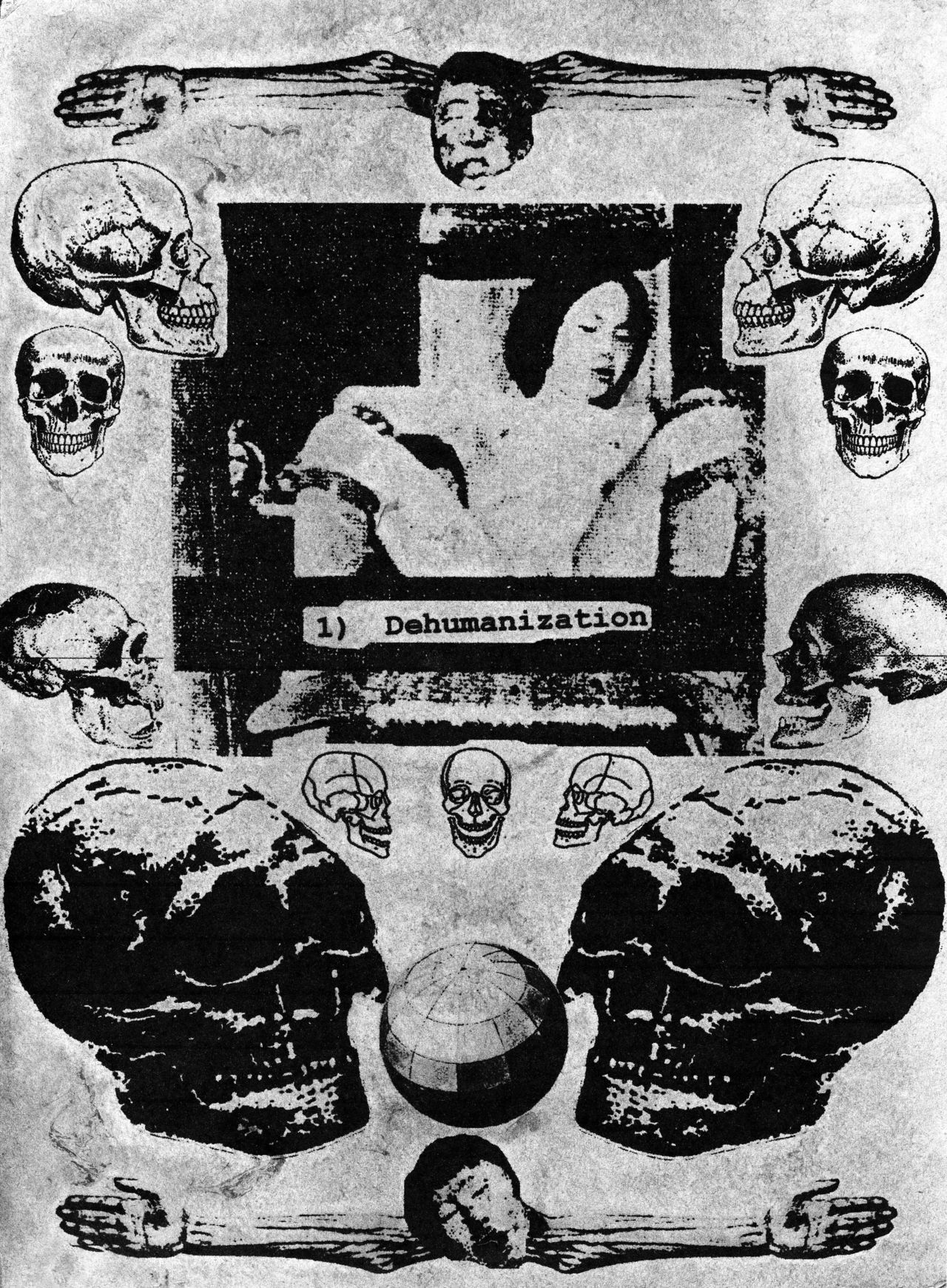



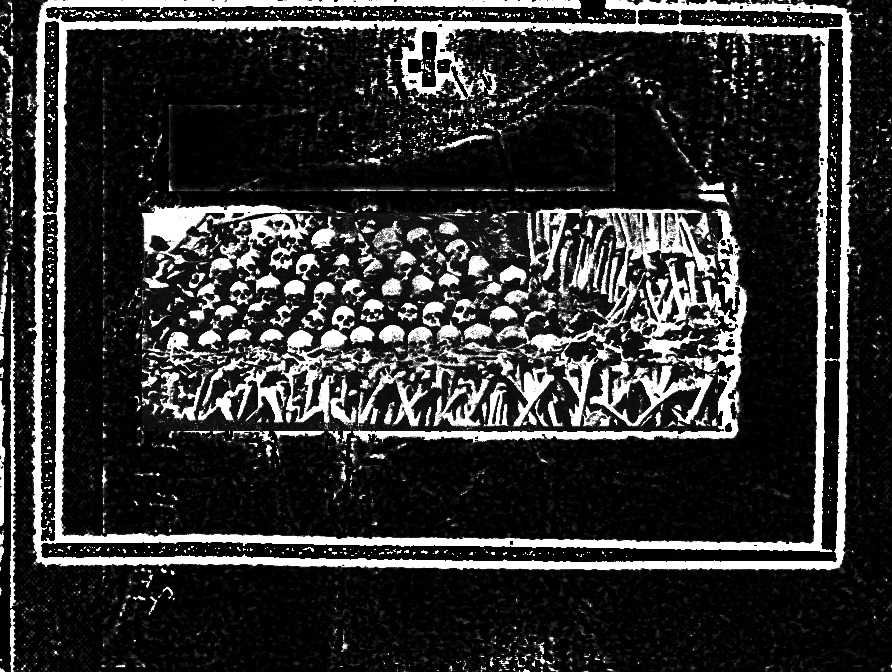
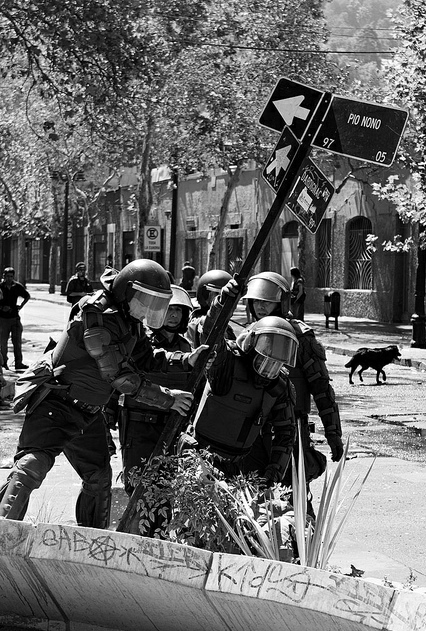
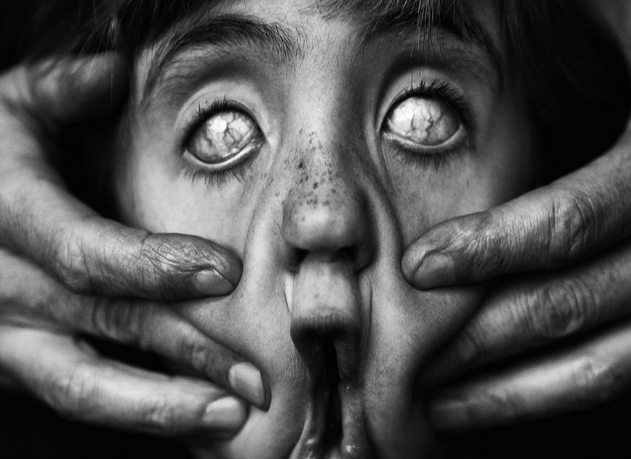


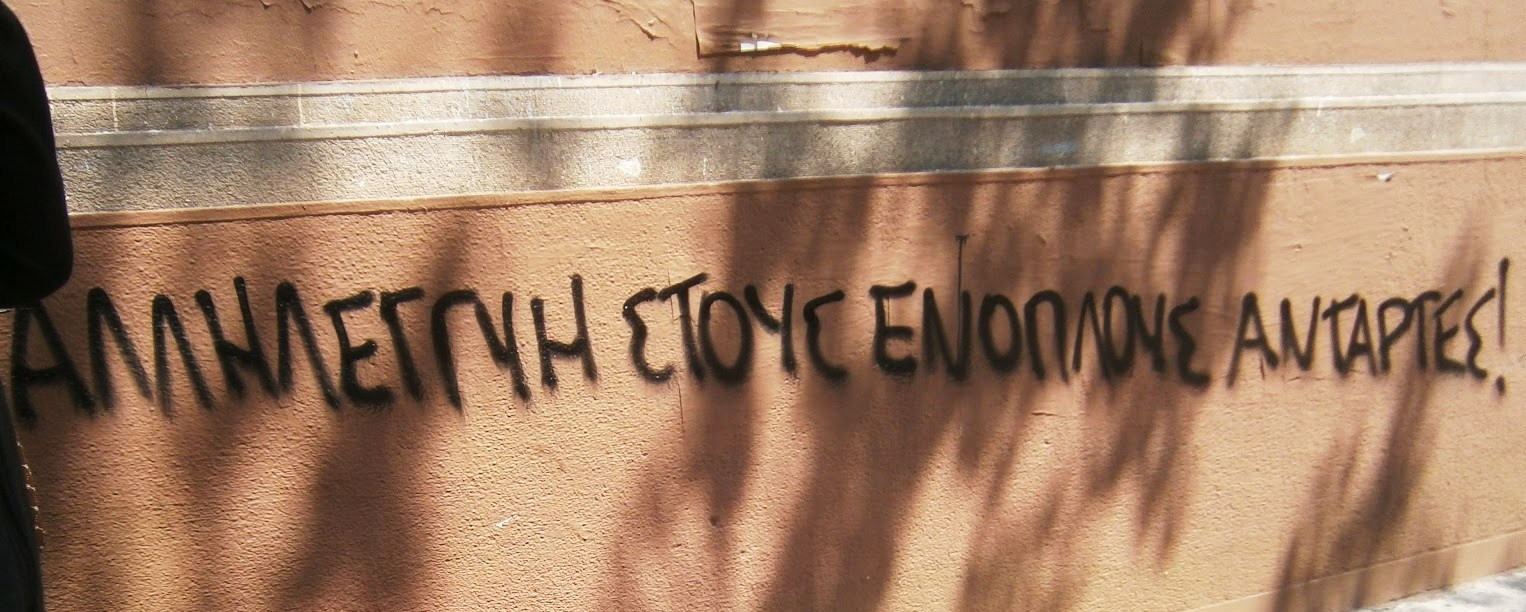

![Eurorepressione - Sulla conferenza a Den Haag sul tema "Anarchia" [corretto]](http://25.media.tumblr.com/tumblr_m0jvngOXtY1qa2163o1_1280.jpg)
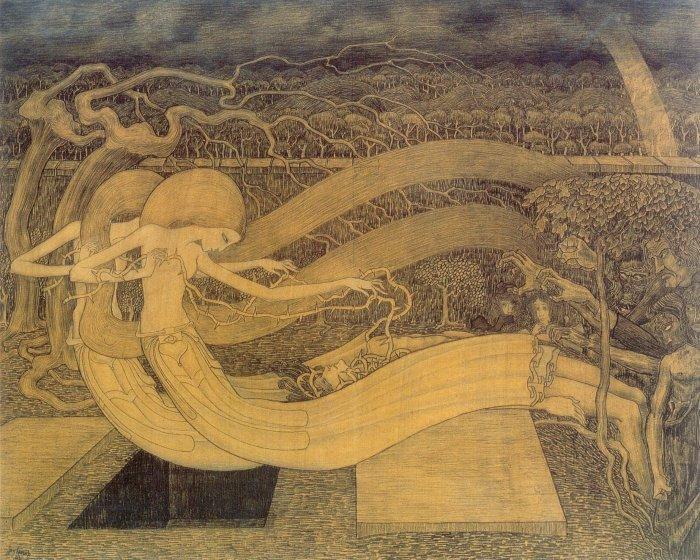
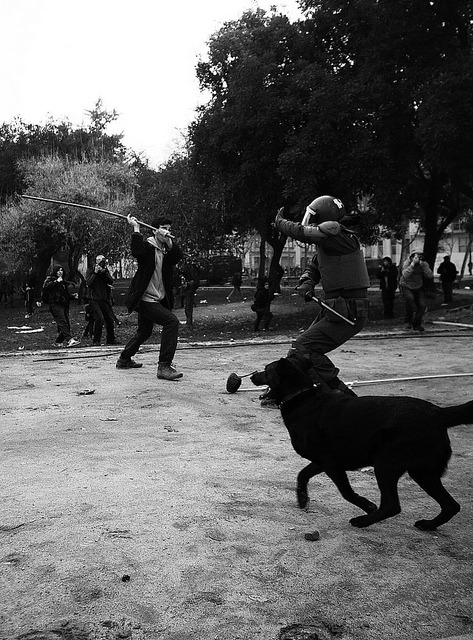
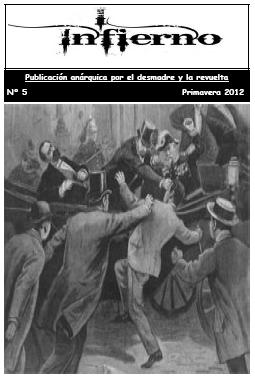
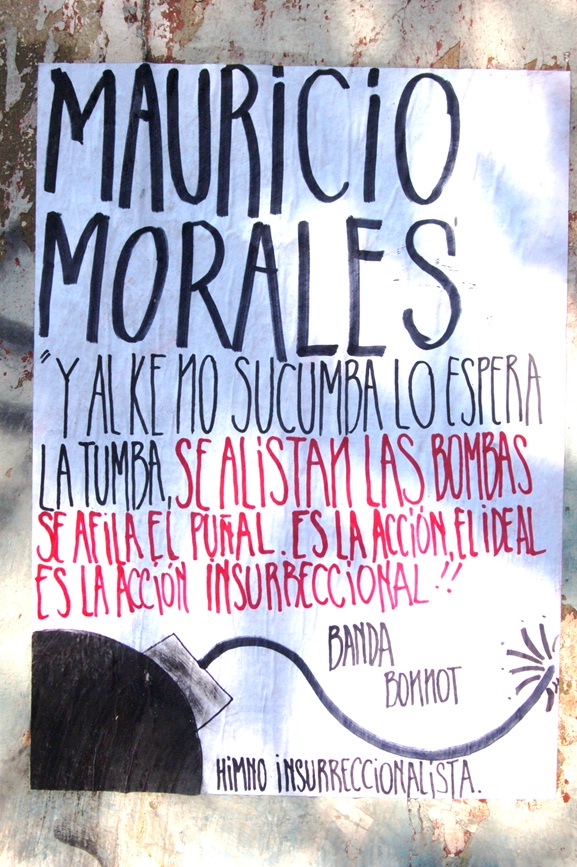
![A tres años de la Partida de Mauricio Morales: De la Memoria a la Calle [Stgo.]](http://metiendoruido.com/wp-content/uploads/2012/05/mmacividad.jpg)
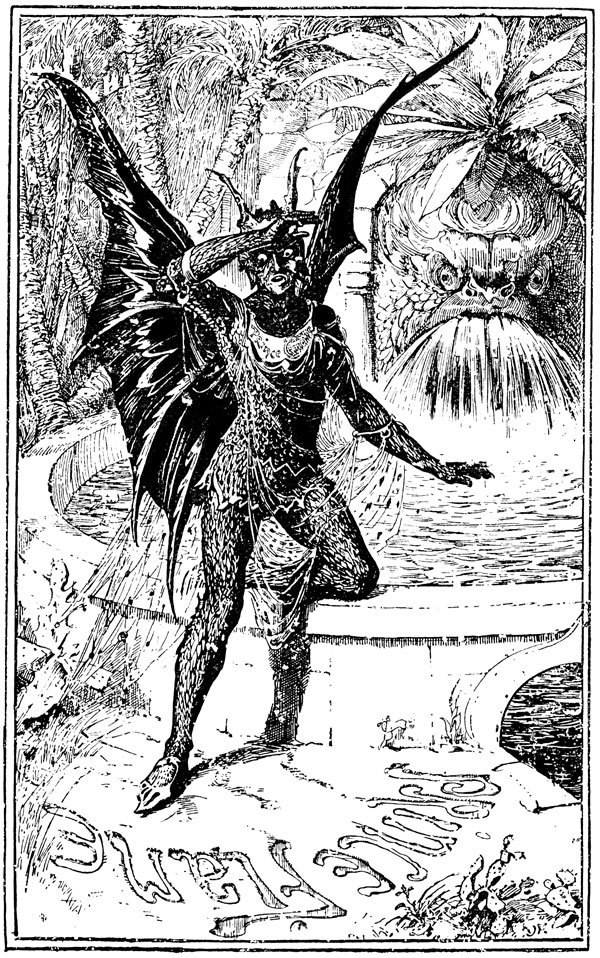




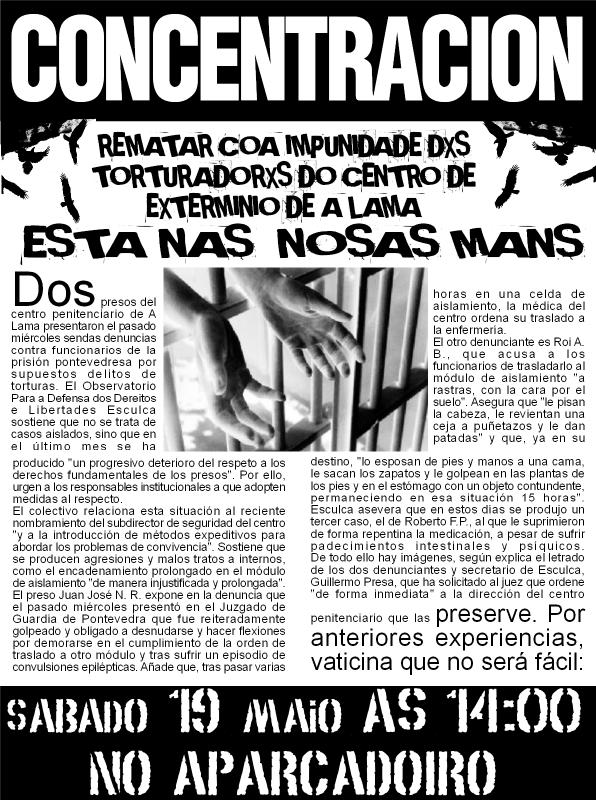

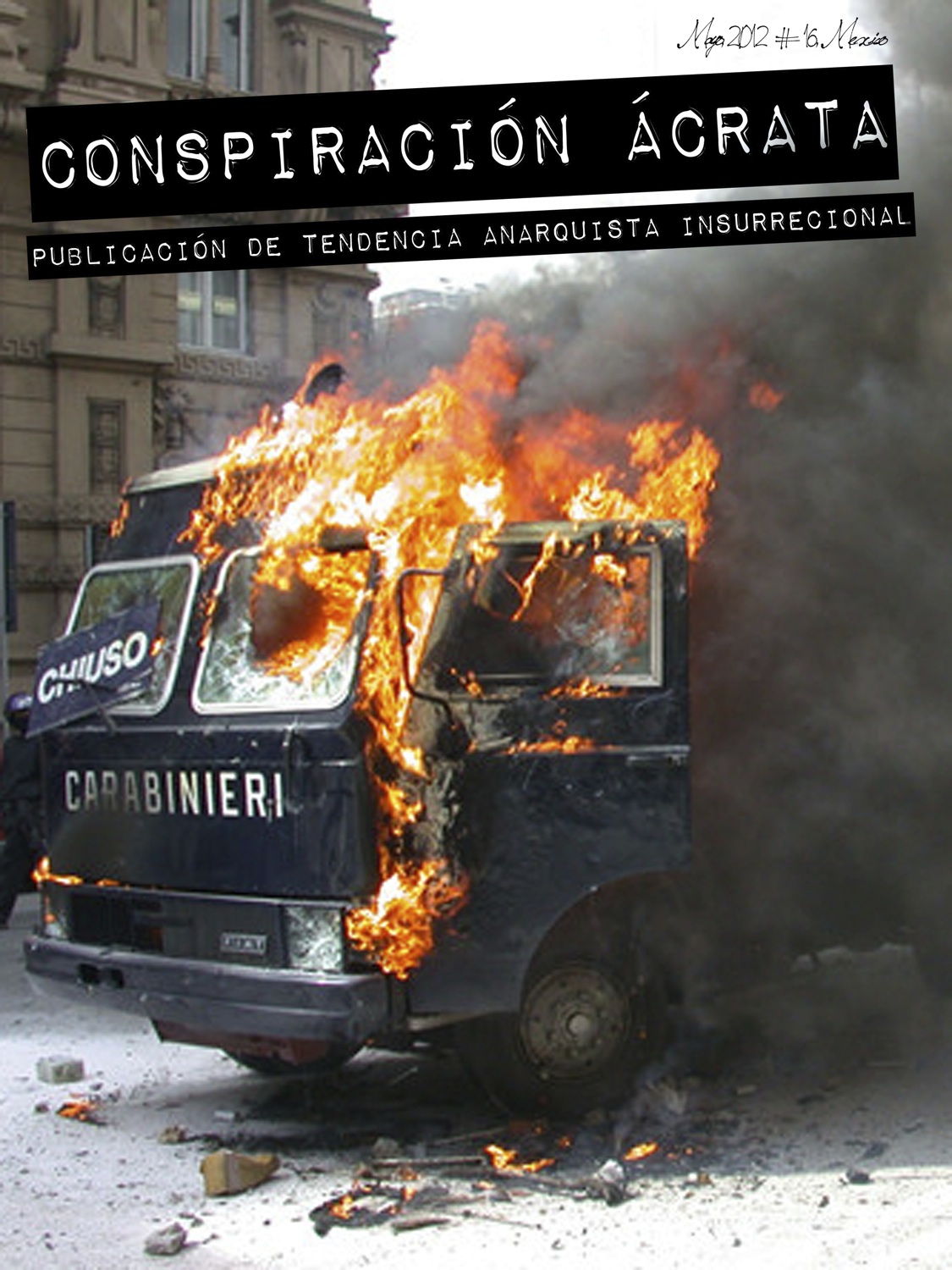

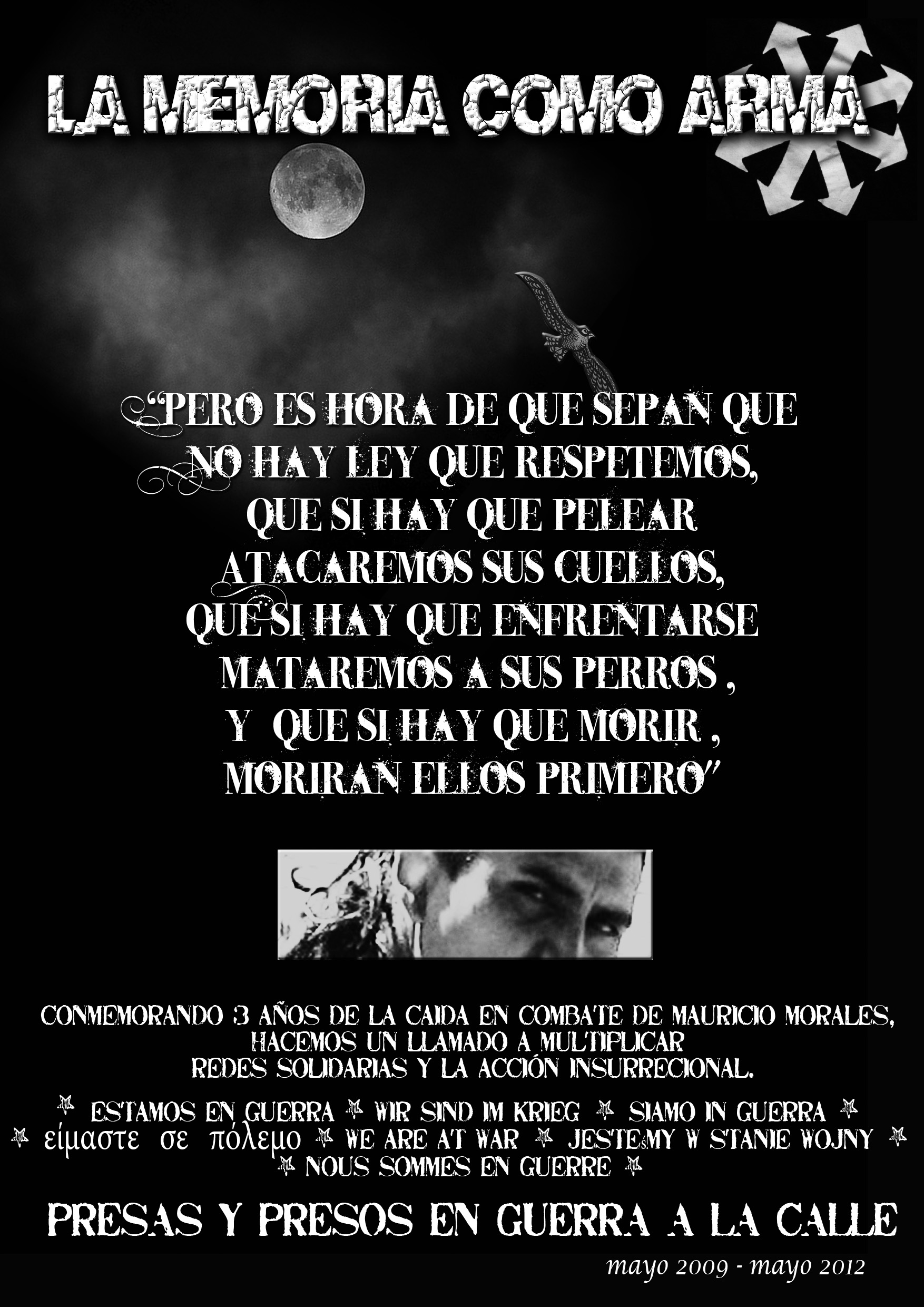
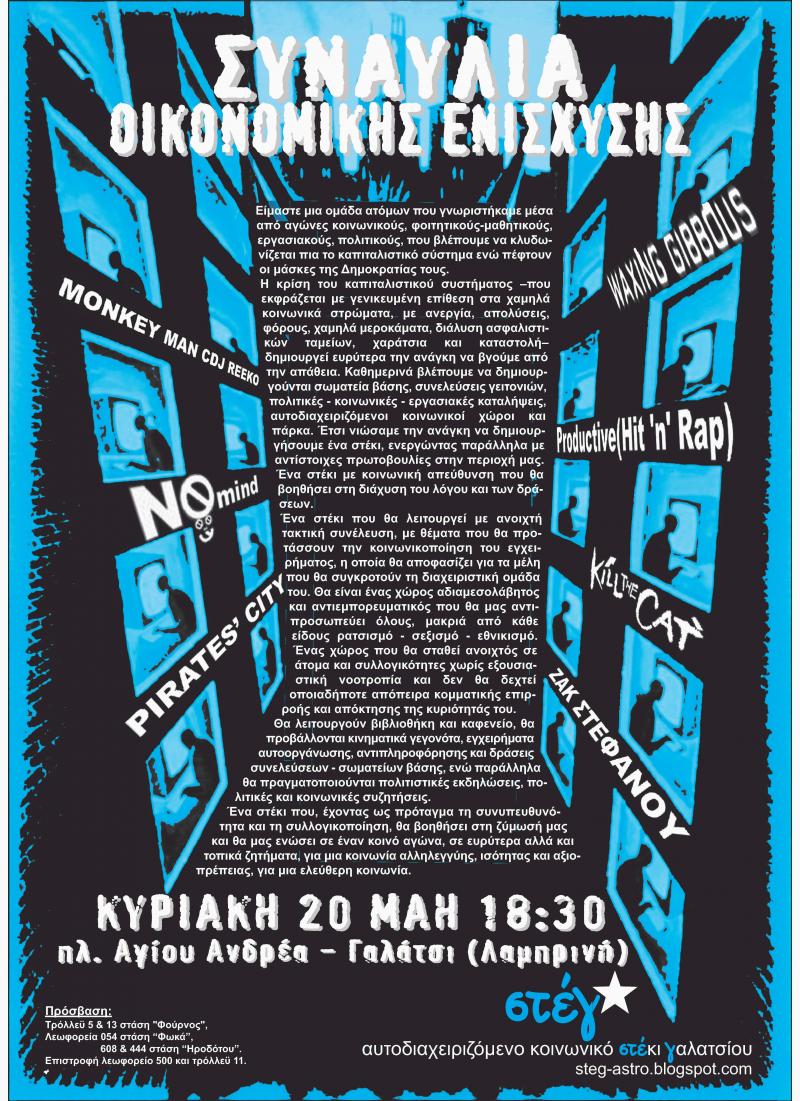








Nessun commento:
Posta un commento